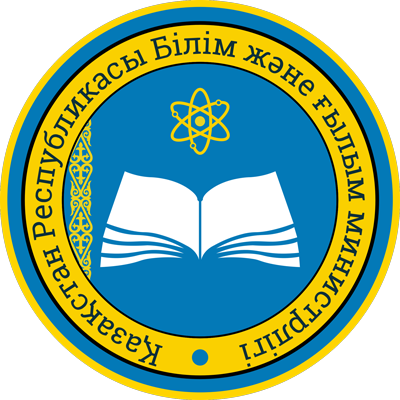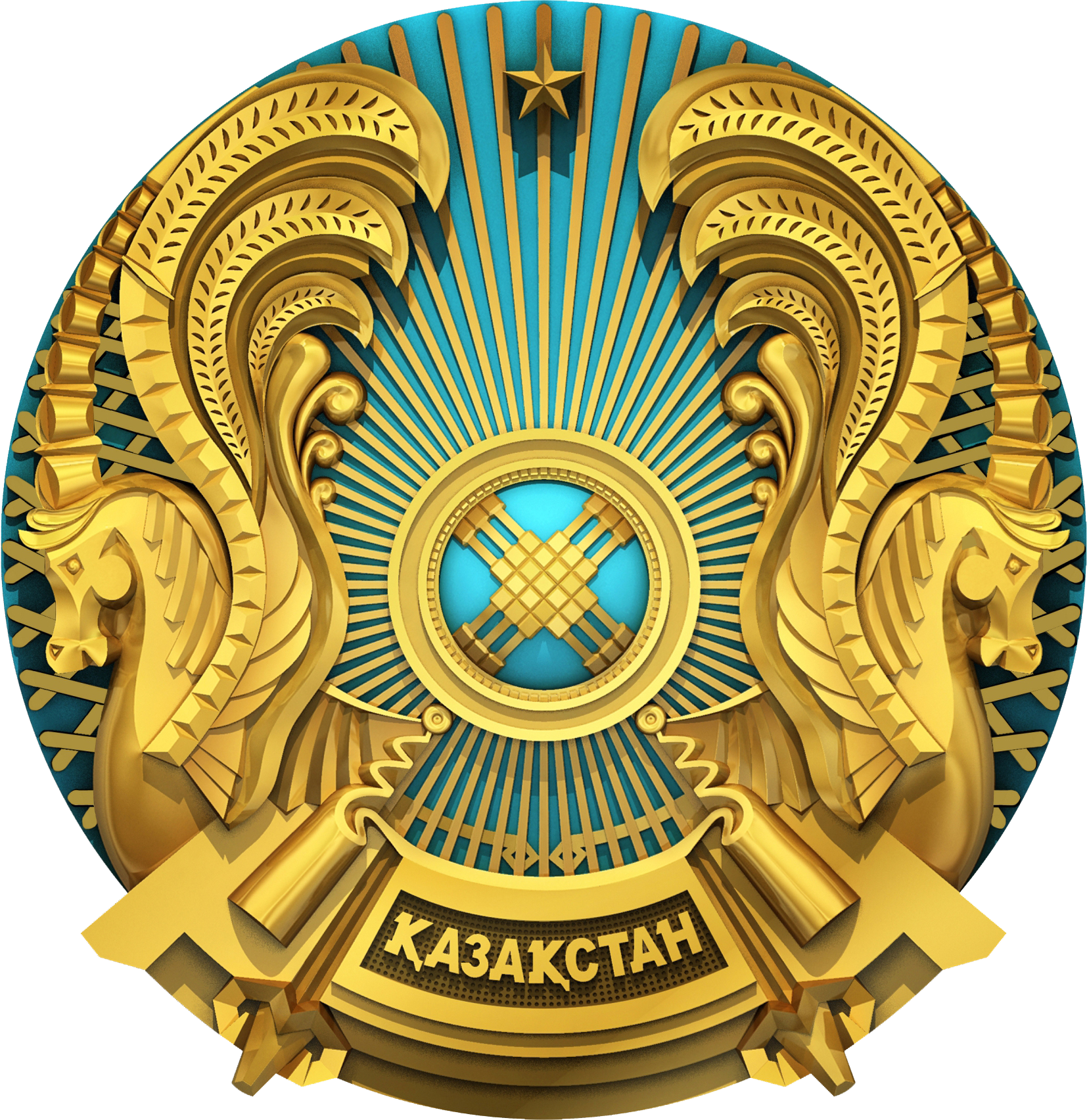Our program tackles educational inequality by fostering safe, inclusive spaces where every child’s dignity and individuality are valued.

We recruit, train, and support professionals from diverse backgrounds who commit to teaching for two years in regional schools.
We are looking for LEADERS who can become role models FOR CHILDREN, those who will help to FULFILL their POTENTIAL, and become not just teachers, but mentors and friends to their students.

We believe every child deserves a future shaped by their potential, not limited by their background. By ensuring equal access to education, we can empower kids to chart their own course in life, regardless of where they start.
Our Values





What are the challenges leading to inequality in education?








WHAT DO CHILDREN IN RURAL COMMUNITIES DREAM OF?
In this video, we, together with our friends from Dope Söz, visited one of the partner schools in Karaganda region. The Dope Söz team met with program participants to understand how their lives have developed, what difficulties they faced, and what lessons they learned during this time.
But most importantly, we talked with the children of this village, learned about their dreams, what they plan to do in adult life, and how they live at this wonderful age.
The video was shot by our friends, the Dope Soz team, as part of a special project in the village of Gabiden Mustafin. The original is available on [Dope Soz s YouTube channel].
The Public Foundation Teach for Qazaqstan is supported by The Ministry of Science and Higher Education of the Republic of Kazakhstan The Ministry of Education of the Republic of Kazakhstan.
 Ministry of Science and Higher Education of the Republic of Kazakhstan
Ministry of Science and Higher Education of the Republic of Kazakhstan  Ministry of Education of the Republic of Kazakhstan
Ministry of Education of the Republic of Kazakhstan We operate in accordance with the State Compulsory Standard of General Secondary Education and the Professional Standard "Teacher" as per the legislation of the Republic of Kazakhstan.
Our selected fellows will take the national Teacher Knowledge Assessment test. Upon completion of the pedagogical retraining, the project finalists receive a special certificate.

Teach for All
Teach for Qazaqstan is inspired by the idea and contribution of the global organization Teach For All, founded in 2007.
The organization consists of 64 independent partner organizations, each working to achieve educational equality in their respective countries.
In May 2023, Teach for Qazaqstan became a full partner of Teach For All, allowing for the exchange of international educational experiences that contribute to the successful development and rapid scaling of the program in Kazakhstan.
2-Year Fellow’s Journey

















